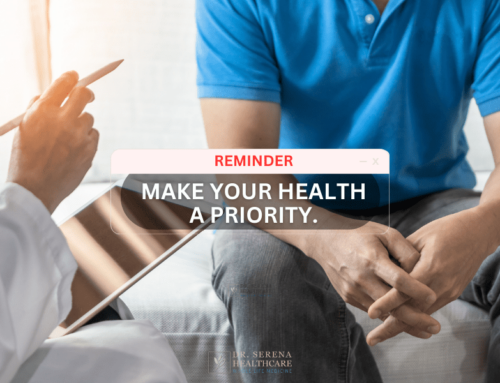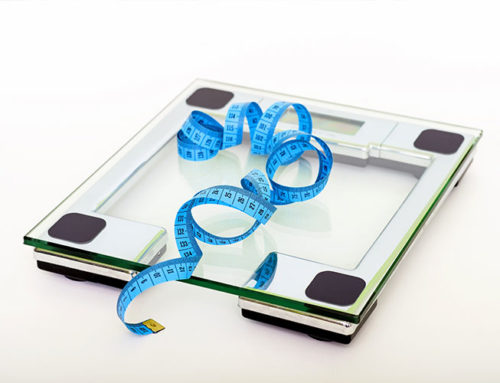From simple lifestyle habits to complex medical problems, why we feel tired can have many causes. In this series, I’m tackling some of the lifestyle factors associated with fatigue that lend themselves to home troubleshooting. This week’s topic is:
Nutrition
What we eat is important. But even a diet made up of the best quality foods can leave us feeling tired if the timing and quantities of those foods is off. This is because with rare exception, every cell in our body relies on glucose as it’s fuel to create energy. If our fuel supply is inadequate or disrupted throughout the day, that can leave use feeling tired.
Physical fatigue can feel like lethargy, muscle weakness, loss of stamina, the need to lay down and rest, or feeling drained by the day’s activities. Mental fatigue can be experienced as brain fog, irritability or mood swings, confusion, and feeling scattered, unmotivated or unfocused.
How much do I need to eat to avoid fatigue?
There are a few nutritional guidelines that are worth trouble-shooting for anyone who feels tired.
- Am I eating an appropriate amount of protein throughout the day?
- Am I eating at least 150 grams of carbohydrate throughout the day?
- Do I eat frequently enough throughout the day?
It may require a little legwork to answer these questions, particularly reading the nutrition labels of prepared foods and looking up nutritional information for whole or fresh foods. But the answers are a worthwhile and necessary for ruling out simple nutritional oversights as a cause for fatigue.
Visit my Pinterest boards for snack and meal recipes that provide an energizing balance of protein and carbohydrates.
Protein Needs:
Generally speaking a healthy person’s protein need is based on their age, sex, body size and activity level. Use this protein calculator to determine your protein needs per the American Dietetic Association (ADA) and Centers for Disease Control and Prevention (CDC) recommendations. Once you have the appropriate protein range that you should be consuming, keep a diet diary for a few days to tally up how much protein you are eating throughout the day to find out if you are achieving your goal.
A person with health problems may require more or less protein than the average healthy person, so consult your doctor or a nutritionist about individual health-related protein needs.
Carbohydrate Needs:
Unless you are specifically following a ketogenic diet, which forces the body’s cellular metabolism to use ketones rather than glucose as fuel by following an extremely low carb diet, your body may feel tired or overwhelmed when your carbohydrate intake drops below 150 grams per day.
Even though we are constantly told Americans eat too many carbohydrates, it can be surprisingly easy to eat too few. It has been my experience that in an effort to be healthy, many health-conscious people actually overshoot the low-carb mark. I see this particularly often when patients are reporting overwhelmed by brain fog, irritability and mood swings.
Here is an example of a diet diary of someone who is unintentionally eating less that 150 gm carbohydrate per day:
- 8 AM breakfast: an apple (25-30 gms), scrambled eggs, coffee with half & half
- 10 AM snack: a handful of almonds (6 gms) and a tall soy latte (18 gms)
- noon lunch: Trader Joe’s Harvest with Grilled Chicken (20 gms) and sparkling water
- 4 PM snack: LemonZest Luna Bar (26 gms)
- 7 PM dinner: chicken breast, 1/2 cup quinoa (20 gms), 1 cup steamed broccoli (6 gms)
While this example diet supplies an adequate amount of protein, it only delivers 126 grams of carbohydrate which is low enough to leave someone feeling tired, irritable or overwhelmed.
How often do I have to eat to avoid fatigue?
Even the best quality foods in the world have a limited time to provide us with energy. This is because our digestive system is in constant motion. For most people, food is on its way to becoming a bowel movement about 4 hours after it is eaten.
While some people thrive going longer times between meals, it is not a strategy that works for everyone. If you are routinely going more than 4 hours between snacks or meals, try experimenting over several days with increasing your snack and meal frequency to see how your energy improves.
Diet diaries help
To fully trouble-shoot these dietary causes of mental and physical fatigue, I recommend keeping a food diary. This involves taking a day or two to record the amount of proteins and carbohydrates you are eating throughout the day, as well as when you are eating them, to see if you are meeting your goals to keep your body fueled.
For prepared foods, you can simply look at the nutrition label for their protein and carbohydrate content.
For fresh or whole foods, like fruits and vegetables, grains or meats that you cook for yourself, you can look up the nutritional content using the USDA nutrient database. Some people also prefer to use food-tracking apps on their smartphone, such as LoseIt.
Want to know more?
This is the second of a series of blog posts providing the Whole Life Medicine community with reliable information about important health topics. Check back with use for future posts or follow our Facebook page.
About the author: Evaluating causes of fatigue affecting physical and mental health is a specialty of Miranda Marti, ND. For information about scheduling a free 15 minute consult or making an appointment, please contact us or call our front desk at 425-398-9355.






